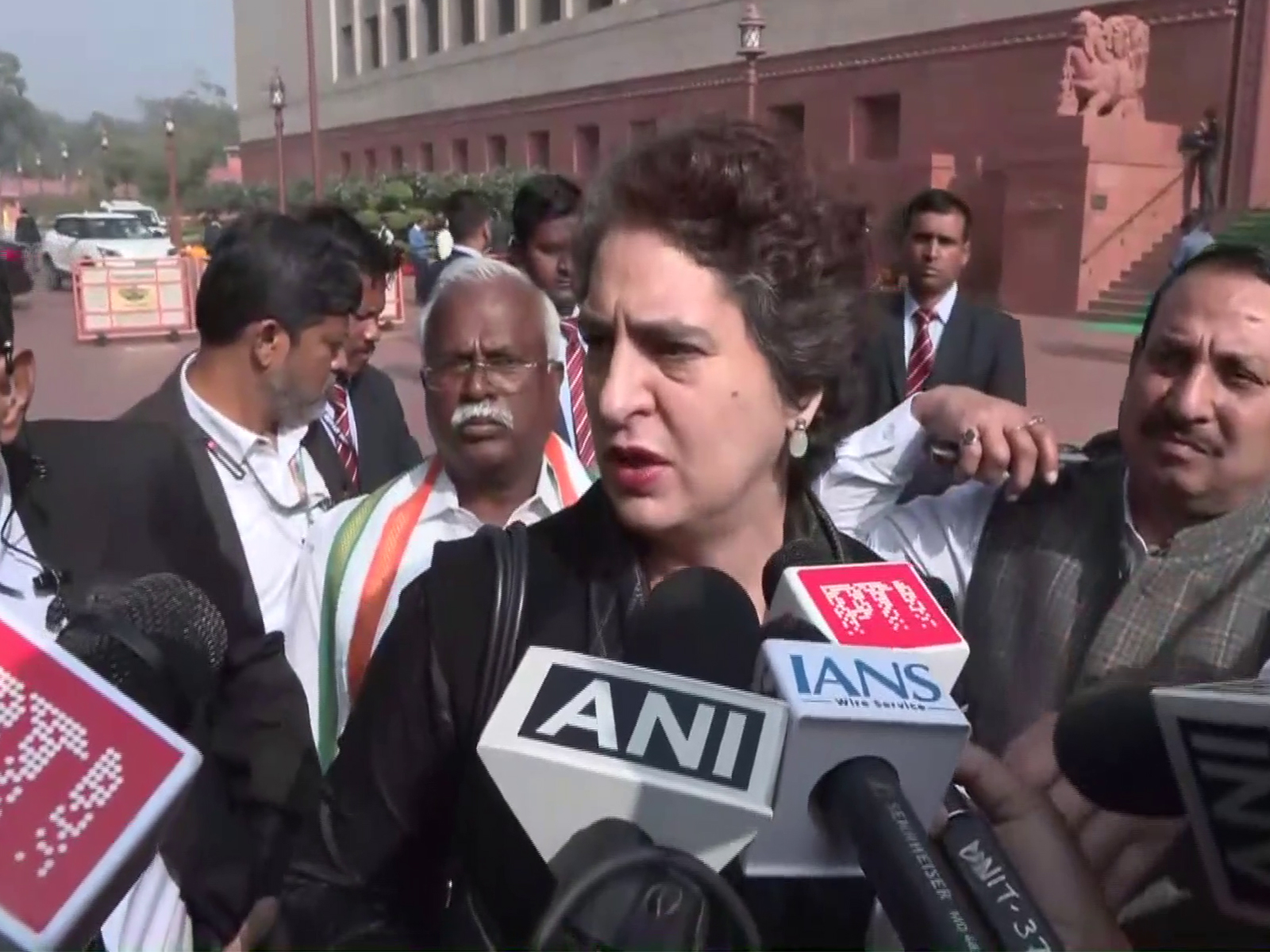Persistent negative views of China prevail among Americans, survey reveals
May 03, 2024

Washington, DC [US], May 3 : For the fifth consecutive year, approximately eight out of ten Americans maintain unfavourable perceptions of China, with a significant portion advocating for constraints on Beijing's influence, according to a recent public opinion poll, Voice of America reported.
The Washington-based Pew Research Center disclosed that 81 per cent of Americans harbour unfavourable sentiments toward China, with 43 per cent expressing a particularly strong aversion towards the nation.
"Views of China across all Americans remain critical -- pretty negative," remarked Christine Huang, a research associate at Pew, in an interview with VOA.
"As China emerges as a prominent player on the global stage, it's imperative for us to monitor public sentiment towards China and its actions, and assess how these perceptions may impact foreign policy decisions," Huang added.
The survey highlights the influence of political ideology and age on individuals' attitudes towards China.
"Not all Americans perceive China in the same light. Certain demographics exhibit notably negative views of China," Huang explained.
Republicans exhibit a significantly more unfavourable stance towards China compared to Democrats, according to Pew's findings. Republicans and those leaning towards the party are approximately twice as likely as their Democratic counterparts to hold an extremely unfavourable view of China and perceive it as a US adversary.
Furthermore, conservative Republicans demonstrate a higher propensity for negative perceptions of China and a belief in Beijing's adversarial role compared to moderate or liberal Republicans. Additionally, older individuals tend to harbour more apprehension towards China, with Americans aged 65 and above showcasing a more unfavourable view of Beijing.
While Pew's research does not delve into the underlying reasons behind Americans' negative perceptions of China, it does examine perceptions of Chinese influence, as Huang clarified.
"A majority of Americans believe that China's power and influence have grown in recent years," noted Huang. "So, there's a correlation between the perception of China's increasing power and the negative attitudes towards the country."
This sentiment is particularly pronounced when considering China's economic impact on the United States. Over 80 per cent of Americans believe that China wields at least a fair amount of influence on US economic conditions, with the majority perceiving this influence negatively.
Among those who acknowledge China's influence on the US economy, 79 per cent view it negatively, in contrast to 18 per cent who perceive it positively, according to Pew's findings.
One noteworthy aspect highlighted in this year's survey, according to Huang, is American apprehension regarding China's territorial disputes. Beijing's claims over extensive regions of the South China Sea, despite opposition from countries such as Vietnam and the Philippines, have sparked concern among Americans.
Approximately six out of ten Americans, or 61 per cent, express some level of concern about territorial disputes between China and its neighbouring countries, with 20 per cent indicating significant concern, the report revealed.
"Americans are considering the broader implications beyond their immediate interests," remarked Huang, Voice of America reported.



















